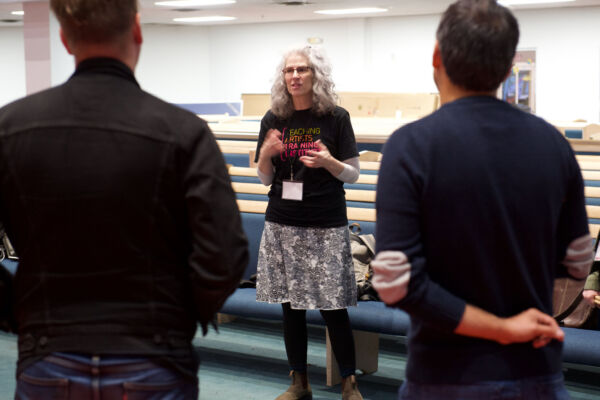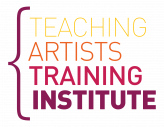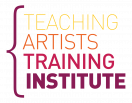Dr. Lorrie Heagy's top 10 effective teaching practices

All lessons should have these 3 ingredients: Relevance, Movement & Emotion (Head, Hands & Heart).
Emotion drives attention, and attention drives learning, problem-solving behavior, and just about everything else.
Brain’s Rewards: The brain is “perfectly happy to pursue novelty, curiosity, embrace relevance and bathe in feedback from successes.” (Eric Jensen).
Experience first, intellectualize later. We are motivated by curiosity. If we tell them (students), this is the way it is without any room for flexible thinking or exploration, there’s nothing more they can do with it.
Allow your lessons to “breathe.” Before students can take in new information, they need to “breathe out” or physically manipulate previous learning so that they can make room to “breathe in” the new.
If possible, let your children sleep on it, to give them a chance to personalize new information.
Build meaningful movement into your lessons to help children remember and recall information, as well as avoid unnecessary discipline problems.
Just as in performance, transitions can make or break a lesson. Whenever possible, make your transitions fluid and connect them to the lesson.
Create episodes of learning for your students by using location, emotion, movement and relevance. Remember the Power of Story!
Remember the Balance of Pattern and Novelty: New Process and Familiar Content OR Familiar Process and New Content.
“Effective education is based on love, approval, and community experience.” – Dr. Antonio Abreu
“Emotions are a distillation of learned wisdom.” – Eric Jensen, Teaching with the Brain in Mind
Lorrie Heagy, Ph.D., has been involved in the advancement of music education for social change in public schools, Sistema-inspired programs and the university system for over twenty years. As a K-5 music teacher at Sítʼ Eetí Shaanáx̱ Glacier Valley Elementary School in Juneau, Alaska, Lorrie works closely with the community to fund and provide access to quality arts and music experiences for every student. After completing a Sistema Fellowship at the New England Conservatory in 2010, Lorrie created Juneau Alaska Music Matters (JAMM), an El Sistema-inspired program serving over 500 students in the Juneau School District. Lorrie provides teacher training across the U.S. in positive youth development, brain-based learning and student engagement and served as the 2011 Alaska Teacher of the Year.
Lorrie holds a PhD in Education with a concentration in Learning, Instruction and Innovation from Walden University and an honorary doctorate in Education from the University of Alaska Southeast. She also holds three masterʼs degrees in elementary, music and library education and traveled to the UK in 2019 as a Fulbright Distinguished Awardee in Teaching where she researched music pedagogies that support student identity, agency, creativity and well-being. She holds both a Waldorf and English as a Second Language teaching certificate.
As an Alaskan K-12 educator and adjunct professor, culturally responsive-sustaining education has been an integral part of Lorrieʼs teaching standards for decades and increasingly so as the Juneau community strives to revitalize the Lingít language and culture. In 2014, she was adopted into the Kiks.adi (Frog) clan for her work with music and native Alaskan children and is carried by the name, Gax.áansán. With roughly 40 fluent native speakers left worldwide, Lorrie has been studying and integrating Lingít language and culture into her classroom. In 2020 she completed 50 hours of culturally sustaining pedagogy through Sealaska Heritage Foundation and a year-long national professional learning community with Zaretta Hammond, Culturally Responsive Education by Design. For the 2021-2022 school year, Lorrie is honored to team with native and arts organizations, university faculty, and school district to launch Haa Tóo Yéi Yatee, which will teach violin to all kindergarten and 1st grade students at Sítʼ Eetí Shaanáx̱ Glacier Valley through the medium of the Lingít language and a place-based curriculum.

